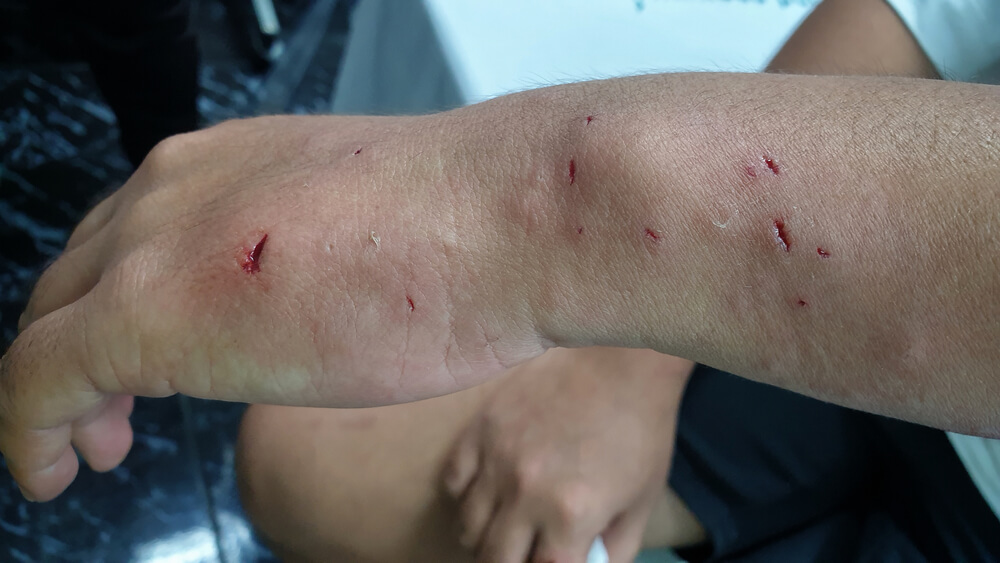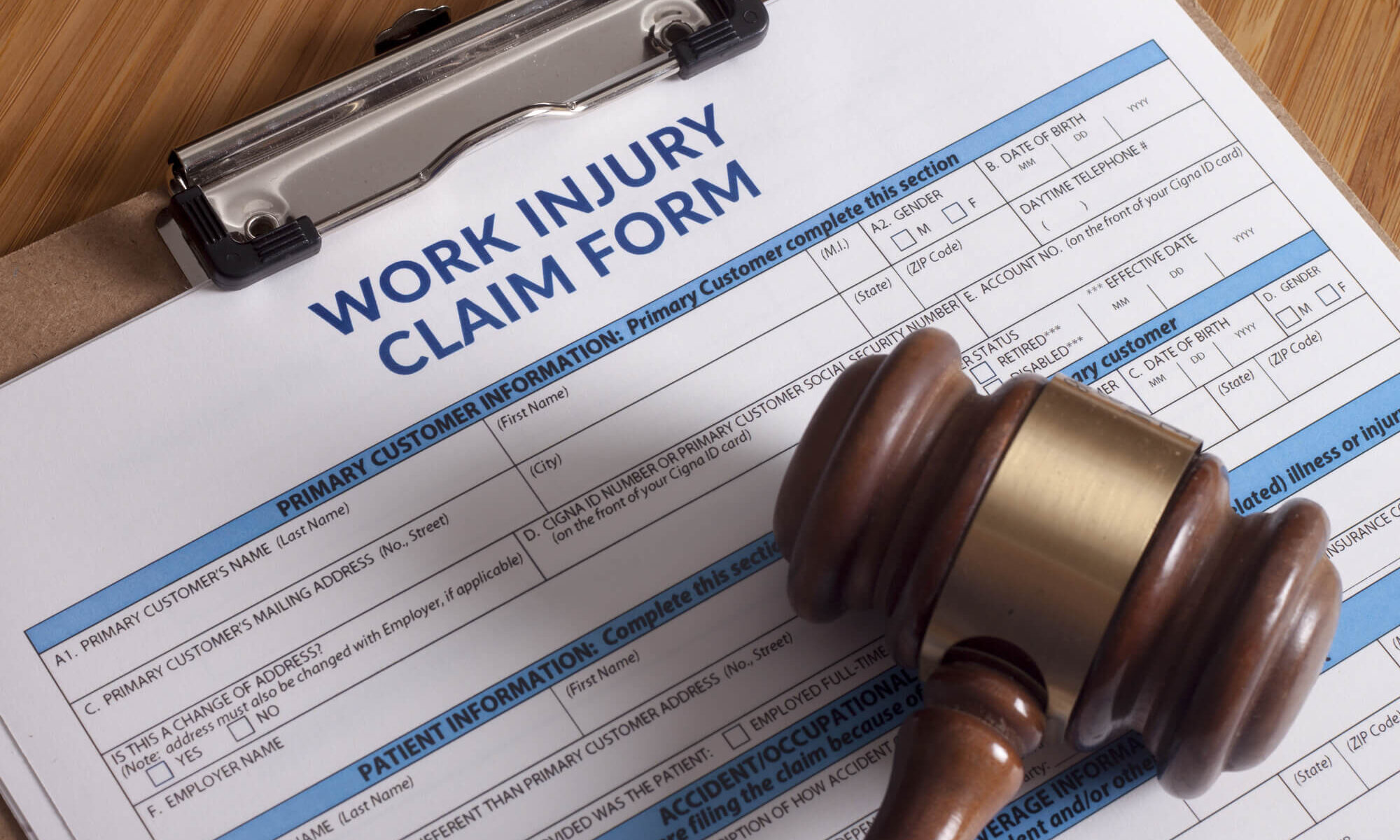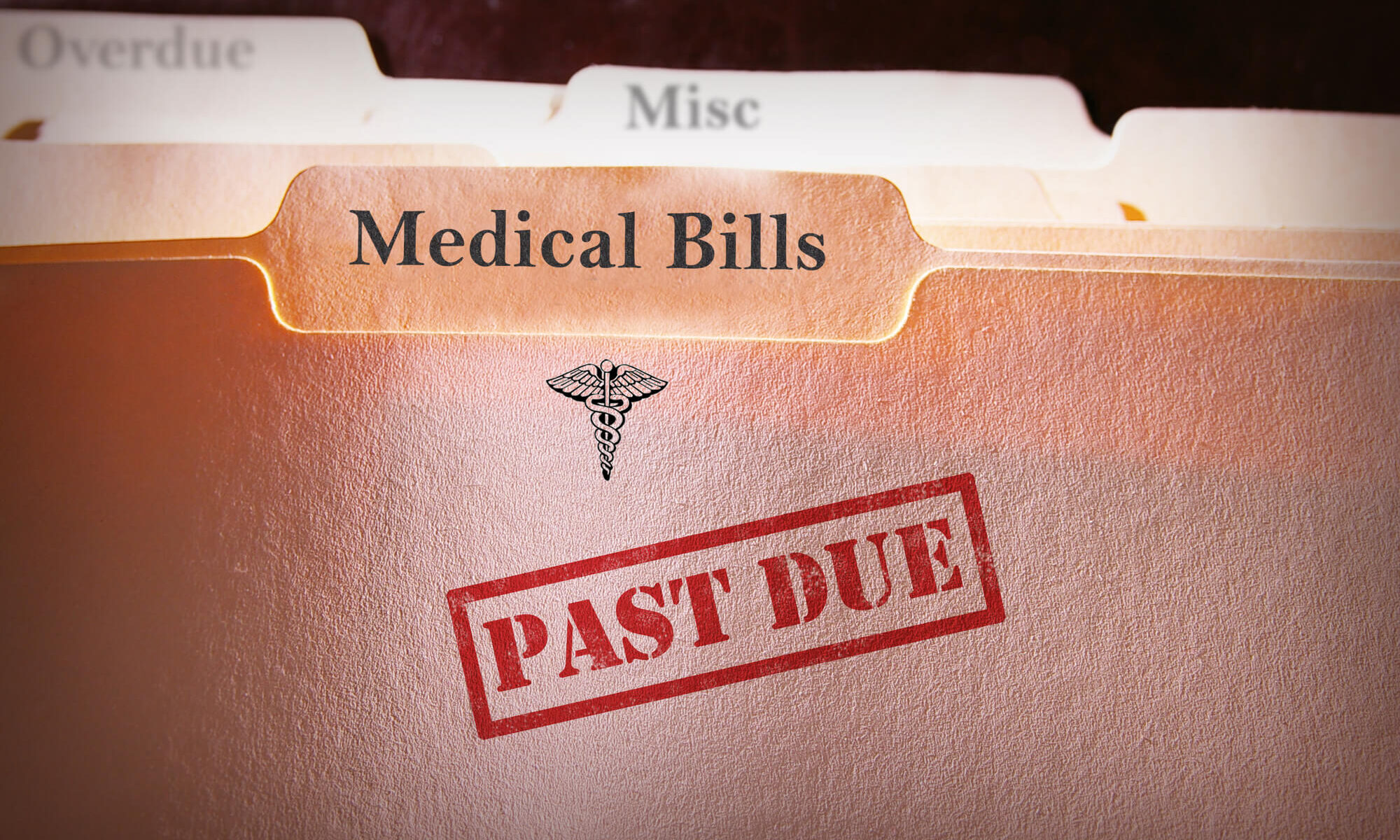Let’s say that you are in a bad car accident. You may not be an expert in the law, but you know one thing: The accident wasn’t your fault. It seems like an easy, open, and shut case. A drunk driver runs a red light or a stop sign and hits you from behind. You are significantly injured. It seems like an “easy” case…why hire an attorney?
There are many reasons to hire an attorney–especially if your injury or the accident was severe. After a car accident in Chicago, you may face more problems and questions than you anticipate, and a Schaumburg car accident attorneycan help you with those issues.
The Insurance Company Has More Legal Knowledge Than You
After an accident, you can expect to be contacted by the responsible side’s insurance company. The insurance company will use an adjuster to speak to you about your claim. That adjuster will be well trained in the law and how to negotiate. Just when you thought you had a great case, the insurance company adjuster may tell you that you may have problems you didn’t anticipate.
Maybe you were at fault, in full or partly, for the accident. Perhaps you weren’t following the rules of the road. Maybe the other driver isn’t at fault because they were trying to avoid another unknown careless driver.
What will you say when the insurance adjuster says these things? Would you know what to say and whether the adjuster is correct or not?
A Palatine car accident attorneyhas heard these same excuses from insurance companies over and over and knows how to deal with them. The insurance company’s adjuster is no match for your car accident attorney at Claim Your Justice.
The Insurance Company Has More Resources
The insurance company has a lot of resources at its disposal to investigate the accident that you don’t have.
For example, the insurance company may have experts take pictures of the accident scene. They will have their mechanics analyze the damage from all the vehicles in the accident. They may have accident reconstruction experts that will try to “recreate” the accident (no doubt, in a way that shows they are not at fault).
How will you get any of this information? Do you have experts of your own? Your car accident attorney certainly will. Your attorney will have some of the same resources that the insurance company has and will be able to request the information from the insurance company to counter their investigation.
How Will You Pay Your Bills?
After an accident, you will have medical expenses that insurance will cover, and you may have some costs that insurance doesn’t cover. A Buffalo Grove car accident attorneycan help you in both cases. There may be questions about which insurance will cover the expenses.
You may have your car insurance, health insurance, and the other side’s insurance. Each of these insurances may have an adjuster. They will want information and documentation to pay your bills. However, what about your insurance coverage to repair your car? Your car accident attorney can also help you arrange those matters.
Your Claim Your Justice car accident attorney can work with all the insurance companies so that you don’t have to worry about paperwork or which insurance company is paying what–or worse. You don’t have to worry about potentially being denied insurance benefits if you don’t fill out paperwork or information correctly.
That’s just your bills that insurance does cover. What about uncovered expenses? Your car accident attorney can work with your medical providers to keep your unpaid bills from going into default or collections while you are waiting to settle your car accident case.
Watch What You Say
As time goes on, the insurance company on the other side may ask you questions about the accident. You may want to be helpful and tell them everything that you can. However, your statements can unwittingly lead you into saying something that could harm your case or which would justify making you a lower settlement offer.
Your Hoffman Estates car accidentattorney can communicate with the other side’s insurance company for you so that you don’t have to worry about saying something incorrectly or carelessly that could hurt your case.
Should You Settle?
The insurance company may offer you a settlement to your case, sometimes soon after the accident. What is a fair settlement offer? You would only know that if you have experience settling or trying injury cases in court the way Claim Your Justice car accident attorneys do.
And if you do settle for less than what your case is worth, you are done–you can’t come back later and ask for more money if something “unexpected” arises (for example, surgery or other medical complication).
Is the offer the insurance company is giving you a fair amount? You could file a lawsuit and try to go to trial. Claim YOur Justice accident attorneys can discuss what you can expect to happen in a trial. Not just what your outcome may be, but what the lawsuit process will be like for you.
Of course, you can expect the insurance company to mislead you into believing that they are giving you “an incredible offer,” and they may say things like, “you should take this offer–you’ll never get this much in court!” Should you believe the insurance company and take the offer? Your Palatine car accident attorneyscan tell you this.
Reading the Settlement Agreement
Let’s say that the settlement offer the insurance company makes seems fair. You want to take the offer. But they don’t just hand you money. Before that happens, you have to sign a multi-page document with legalese. Do you know what is in the release or settlement agreement that the insurance company wants you to sign?
These releases can have confidentiality agreements, indemnity agreements, or overbroad releases. The insurance company knows what’s in there and what it says. You may not, and you can’t be sure they will give you an honest answer if you ask.
Your Palatine car accident attorneycan review your settlement agreement and tell you whether the money you are receiving is reasonable and whether the settlement agreement you sign is fair.
Do You Have to File a Lawsuit?
If the insurance company doesn’t want to settle or doesn’t want to settle for what you consider to be a fair amount, and you didn’t get an attorney, you now may have a problem. Now you have to file a lawsuit, but whatever attorney you choose will not have been with your case from the beginning. It can put you at a disadvantage.
Remember that there may be time limits to filing a lawsuit. If you hire an attorney too late, the attorney may not have time to thoroughly investigate your case and determine whether they want to represent you. The last thing you want is to hire an attorney that will be in a rush to evaluate your case.
After You Get The Money
After your case is over, whether you settled or went to trial, getting your settlement money isn’t the end of your worries.
Someone may need to negotiate with your medical providers to lower the amount you owe to them. Even your health insurance might want to get reimbursed if you used health insurance for your medical bills.
A car accident attorney can take care of this to ensure that no outstanding medical bills are lurking out there when you get your settlement. The last thing you want is a medical provider who treated you, contacting you a year after settling your case, saying, “we never got paid.”
Questions You May Not Have Thought About
During your case, you may have questions or problems that you never even anticipated–all issues that your Claim Your Justice car accident attorneyhas dealt with before and can help you.
You may ask yourself, “Can the tow company charge that amount? Do I have to pay that emergency room bill now? Can my employer fire me because I was in an accident? Will a misdemeanor I had a few years back affect your case? Will my bankruptcy affect the car accident case?”
Almost every question you can imagine may come up, and your attorney will help you answer them or deal with them entirely for you.
Call our personal injury attorneys in Palatineat Claim Your Justice to schedule a free consultation at 847-434-3555 to help you with your car accident case.










